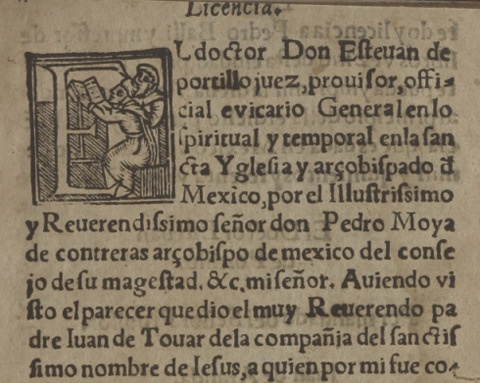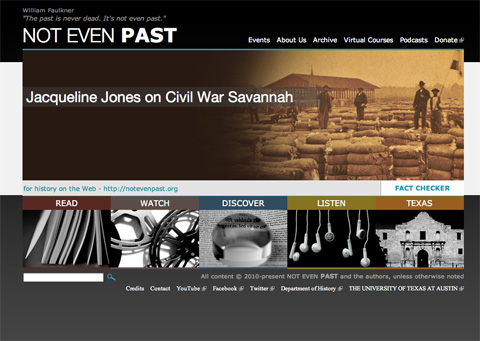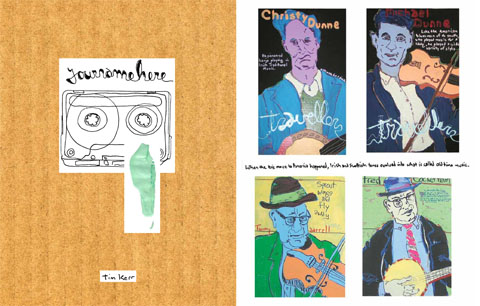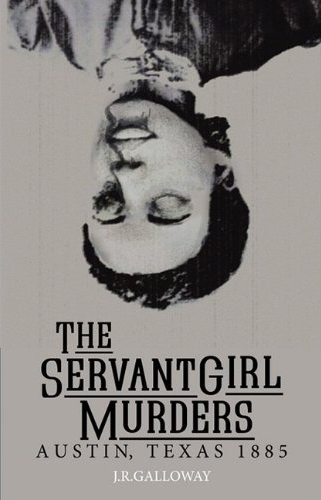
Our friends over at ShelfLife@Texas sat down with University of Texas at Austin alumna Audra Martin D’Aroma (English, ’99) to chat about her new novel The Galveston Chronicles.
D’aroma’s book follows four generations of women in Galveston whose lives are molded by one of nature’s most destructive forces from the great hurricane of 1900 (the deadliest in U.S. history, taking between 6,000-12,000 lives) to Ike in 2008 (the second costliest in U.S. history).
An excerpt from the interview:
How did you develop such a strong love for Galveston and hurricane culture?
When I was younger, my grandparents had a vacation house on the West end of Galveston and we spent a lot of time there. It was way less developed back then. I think Galveston is a really fascinating place because it has an interesting mix of characteristics that make for strange bedmates — a Victorian aesthetic mixed with an existential, end-of-the-world feeling.
I was also fascinated just how much the island lives in the shadow of the 1900 Storm. In that way it is almost polar opposite of its neighbor Houston, where I come from. We take pleasure in tearing down any signs of our history and starting over while Galveston at some point made a decision that it was better to be defined by a tragedy than to risk having no identity at all.
You can read the full interview with D’Aroma at ShelfLife@Texas.
“Bookmark This” entries feature book news from around The University of Texas at Austin.








